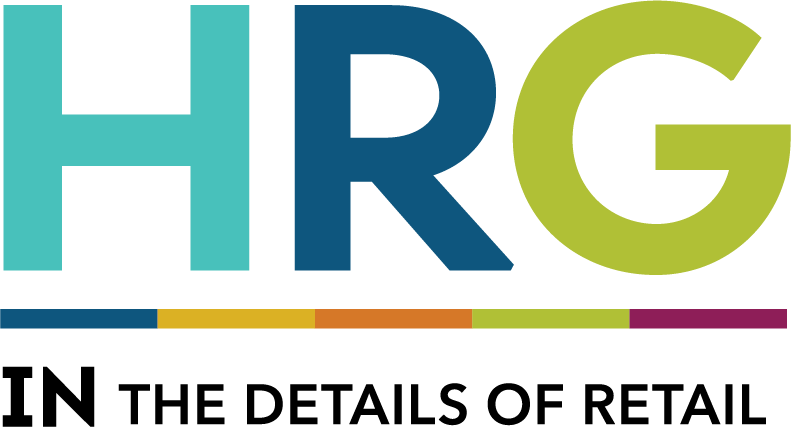by Dave Wendland, vice president strategic relations, as seen in America’s Pharmacist
Dispensing medications is no longer enough to sustain a profitable independent pharmacy. As prescription and dispensing costs have increased and reimbursement rates have declined, introducing expanded patient care services is necessary for retail pharmacies to not only fill a market void, but also improve financial footing for pharmacies. Providing care beyond the prescription, offering more individualized services, and helping consumers manage costs are all opportunities for pharmacies to add both value and sales.
Deloitte published an insightful report in 2020 entitled, “Future of Pharmacy.” It stated, “As the pharmacy industry increases its use of enabling technologies, pharmacists may find themselves at a professional crossroads: either grow their role’s scope and value or face potential disintermediation.” The report predicts that gradual evolution will improve the market, but the dynamic pace of today’s innovation cycles is more likely to create disruption.
Such disruption is evident across independent pharmacy – and it must be embraced. Working on behalf of independent pharmacies every day, Holly Ockelmann, HRG national account analyst, said, “I’ve seen tremendous examples of innovation and progress among independent pharmacy owners. Those that are responding to the new demands of the profession with the use of instore technology solutions, internet-powered tools, and enhanced approaches to patient interaction, are thriving.”
New technological advancements may be one of the keys to leveling the playing field for independent pharmacies. One of the latest “shiny objects” to chase is artificial intelligence (AI). AI has the power to significantly impact the way consumers shop and retailers interact with shoppers.
The Maturation of AI
It may surprise you that the discussion of artificial intelligence began in 1955 when John McCarthy, an American computer scientist, first coined the term “AI” in connection with a summer workshop at Dartmouth College. It remained largely confined to educational institutions, research, and scientific discovery until Generative AI emerged. Applications such as ChatGPT, OpenAI, Sora, and others have thrust AI into virtually every business conversation.
AI is touted as an incredibly valuable tool that can offer businesses substantial return, yet concerns remain that the “human element” will be lost when organizations become overly reliant on the technology. In this article, we’ll consider practical AI-enhanced patient interactions for independent pharmacy.
Pharmacists Remain Critical to Care
To strike the right balance when incorporating any technology, and important for pharmacies to advocate for the value of the human touch. This is especially true for patient care and outcomes management. While AI has proven effective in streamlining processes and improving efficiencies, human traits such as empathy, experience, and insight cannot be replaced.
The professional judgment and approval of medication by the pharmacist is still legally necessary. And the ability to observe patients and have personal awareness of their situation and need states is vital. According to a study from digital consulting company Intellias, two-thirds of consumers don’t mind that retailers use AI to automate repetitive tasks, but don’t want the technology to replace human interaction. HRG’s Ockelmann weighed in, saying, “The reassuring presence of the capable, caring, and patient-aware pharmacist will continue to be a differentiator for independent pharmacies.”
Relying on AI to advise or direct care for a patient is far different than AI informing inventory decisions or managing more predictable operational issues. However, most would agree that artificial intelligence is beginning to find its place in retail pharmacy and could deliver significant value to the industry.

Considering AI Tools for Pharmacy
When introducing AI-powered pharmacy support tools, a measured and thoughtful approach is paramount. Start by identifying areas AI could enhance and then refine the initiatives based on data.
Because independent pharmacists are far more connected and personally aware of patient needs than many of their chain drug counterparts, they’re best positioned to tap into AI to empower better human interactions. Ultimately, AI could help independent pharmacists enhance their business operations, better serve their customers, and stay competitive in a rapidly evolving health care landscape. Listed in the following are several potential areas that AI could assist independent pharmacy.
Customer service: AI virtual assistants are already utilized by other retailers. AI assistants could answer basic questions about your pharmacy and assist with common non-medical inquiries. AI-enabled assistants could also provide flu shot/vaccination scheduling,
DSCSA support: AI algorithms and machine learning can be used to identify anomalies or potential fraud, helping community pharmacists safeguard their business and protect against financial losses.
Medication adherence: Tapping into AI could enhance the pharmacist’s ability to effectively manage medication adherence programs with more personalized support, automated reminders to patients, and prescription usage tracking.
Market analysis: AI has potential to monitor competitors’ pricing strategies, providing real-time data and insights for community pharmacists to ensure competitive pricing for patients while preserving profitability.
Telepharmacy: AI-powered platforms are emerging which equip community pharmacists with the ability to extend their reach beyond their four walls. Areas such as remote consultations and medication therapy management are two examples of where AI could support pharmacy operations.
Health care connectivity: Improvements in accessing clinical information and ensuring interoperability with the wider health system seem to be low-hanging fruit for AI applications.
Evaluating Risks Versus Rewards
It is critically important for pharmacists to take necessary steps to ensure that proper safeguards and quality of results are considered when deploying any AI solution. If the technology works as intended, it can provide better patient services. However, each pharmacy needs to look at their own situation to understand how it could be utilized. It’s important to do some thorough homework before jumping into AI or any technology solution.
Albert Einstein is credited with saying, “It has become appallingly obvious that our technology has exceeded our humanity.” The pharmacist-patient relationship is a very special one and can never be entirely replaced by technology.
